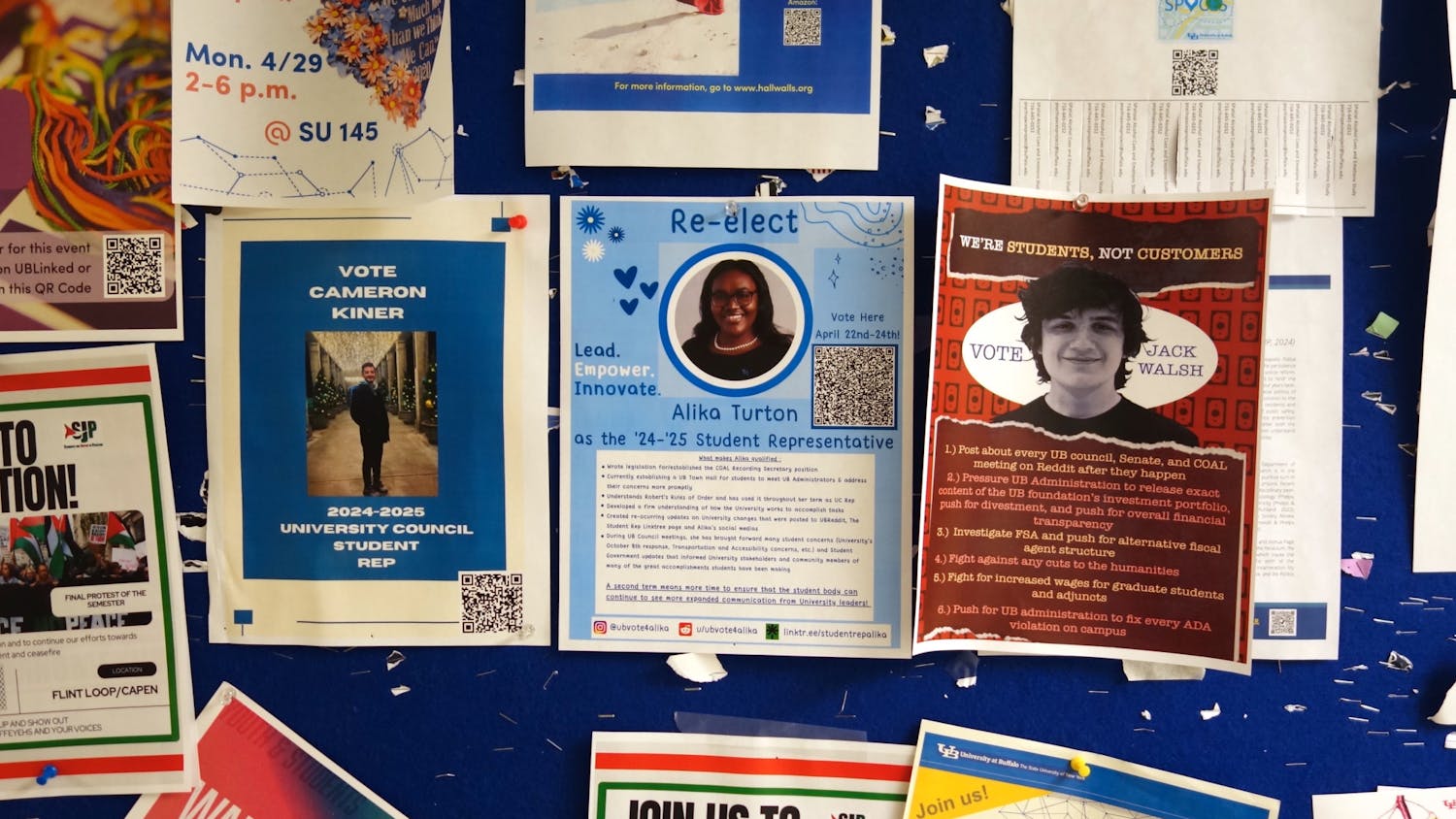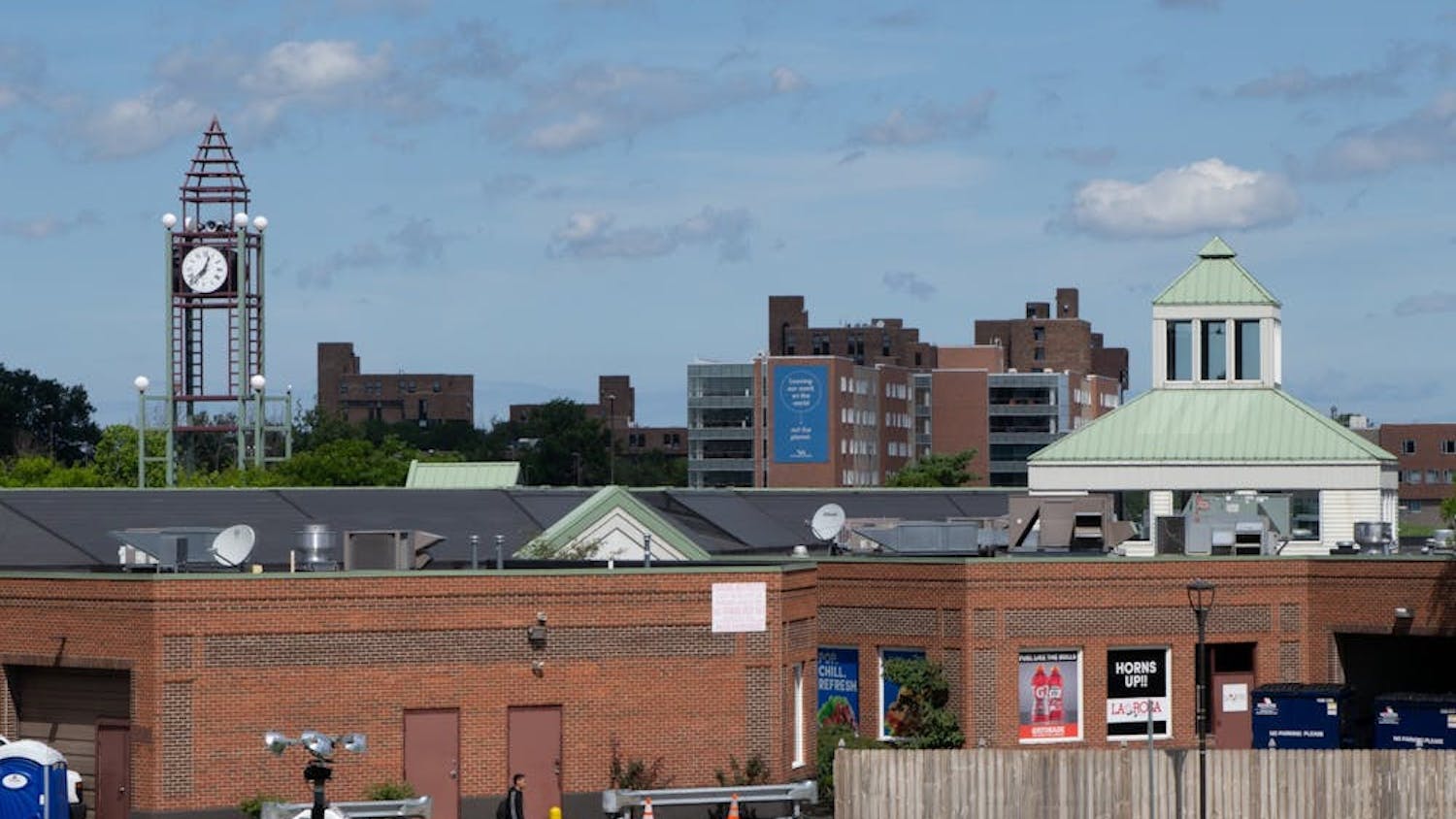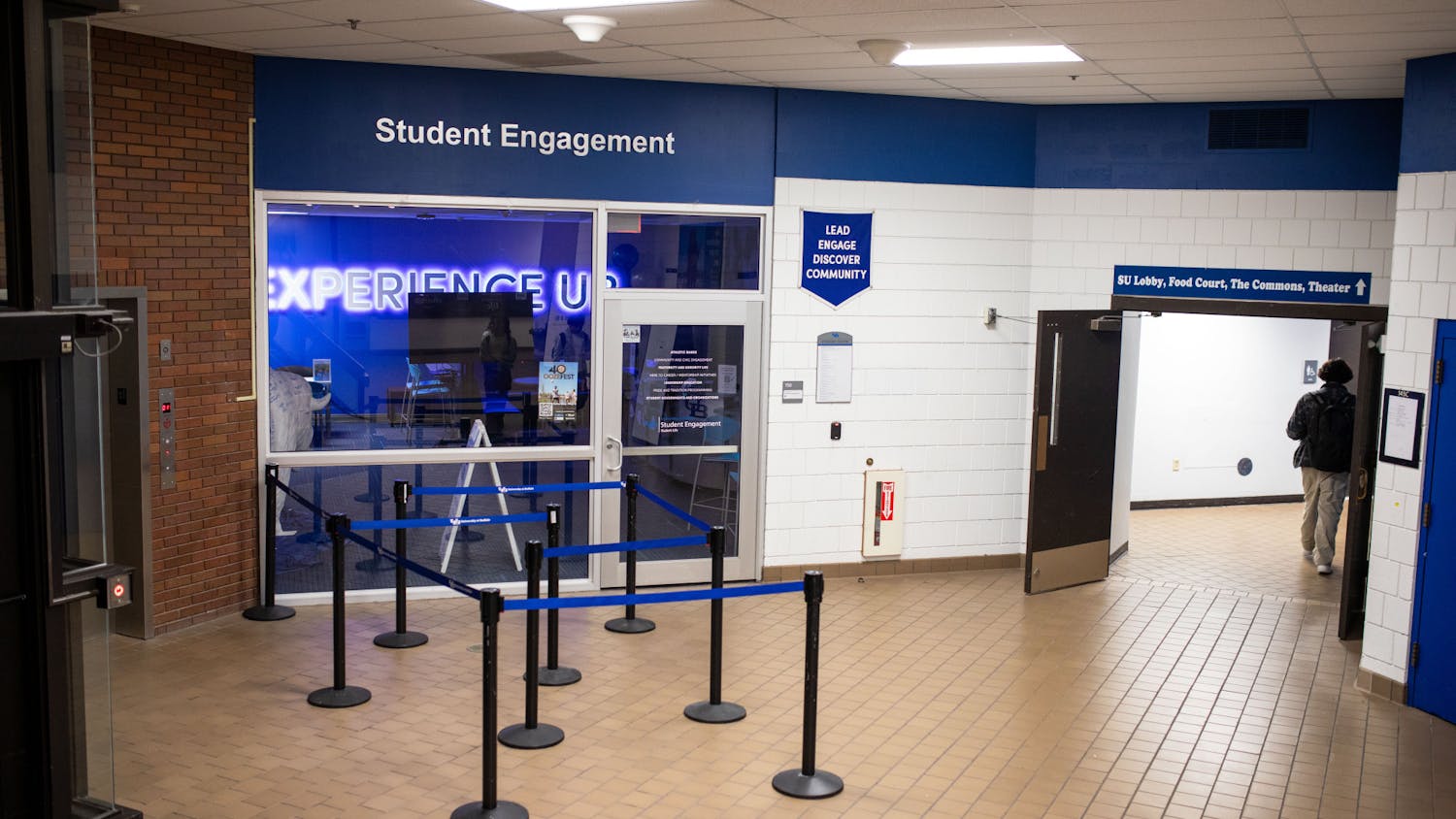As the war in Afghanistan enters its second month, the Bush administration is stepping up efforts to shape public opinion at home and abroad. In order to challenge statements by Osama bin Laden - as well as the general distrust of the United States - members of the administration, such as Secretary of State Colin Powell, have appeared on numerous Middle East media outlets spinning the war to the Arab world.
While attempting to further enlighten the Arab and Muslim world about our intentions, the Bush administration continues to deny American media outlets further access to the war effort. So far, correspondents have been allowed on only three aircraft carriers and one Marine ship. Contact with soldiers participating in military actions is virtually non-existent. Once-reliable military sources have dried up after the defense secretary's warnings about leaks to the press. The administration is tight-lipped when it comes to any substantive details about the war.
Victory will depend, in part, on support, or at least a lack of active opposition, in the Arab and Muslim world. Coverage of the war in the Middle East, a region traditionally wary of American actions, remains highly skeptical of the United States and its goals. While an overwhelming number of Americans support the war, Arabs and Muslims are less sympathetic and worry about American aggression lashing out at innocent targets.
In order to help dispel the notion, the State Department hired Charlotte Beers, a former advertising executive, to develop a public relations campaign aimed at improving America's image. Additionally, the White House, in coordination with British officials, have set up a "war bureau" designed to counter "false" information meant to cast the United States in a negative light.
But, the bar for the administration's conduct on the home front is considerably higher. Currently, any openness with the press is solely for the purpose of spin. ABC was allowed to broadcast from the deck of the U.S.S. Enterprise, but the story was the ship's homecoming after it left the Asian theater, not combat operations launched from the vessel. The military's desire to control the shape of stories is understandable, considering how much this war depends on public opinion. What they need to realize is support for the war rests on the public's confidence in what they hear and see. Generations of Americans socialized with the distrust borne out of the Vietnam War are skeptical when the truth is forthcoming, even if they are not actually being lied to.
Silence breeds suspicion, and suspicion undermines the war effort. When airmen come back from bombing raids and say nothing to reporters, only to be followed by images of civilian casualties, it causes us to ask questions that have thus far gone unanswered. If the military is fighting the war correctly, both morally and strategically, then the American people will support its actions. The administration needs to trust its constituency more than it currently does. Americans understand that war is difficult and that sometimes even the best-planned operations go wrong. They understand the price of war, and the price of failing to win this war.
Journalists must be allowed access to personnel and theaters of combat, if and when significant numbers of troops are introduced into Afghanistan. Their presence will add credibility to the war effort, allowing Americans to judge the merits of the war for themselves. Due to the advanced state of social and economic chaos inside the country, the military must take precautions to safeguard reporters and their crews.
Governments rise and fall on the confidence of their constituents. Access to information, not spin, will maintain support for this government and its war effort at home and abroad.




